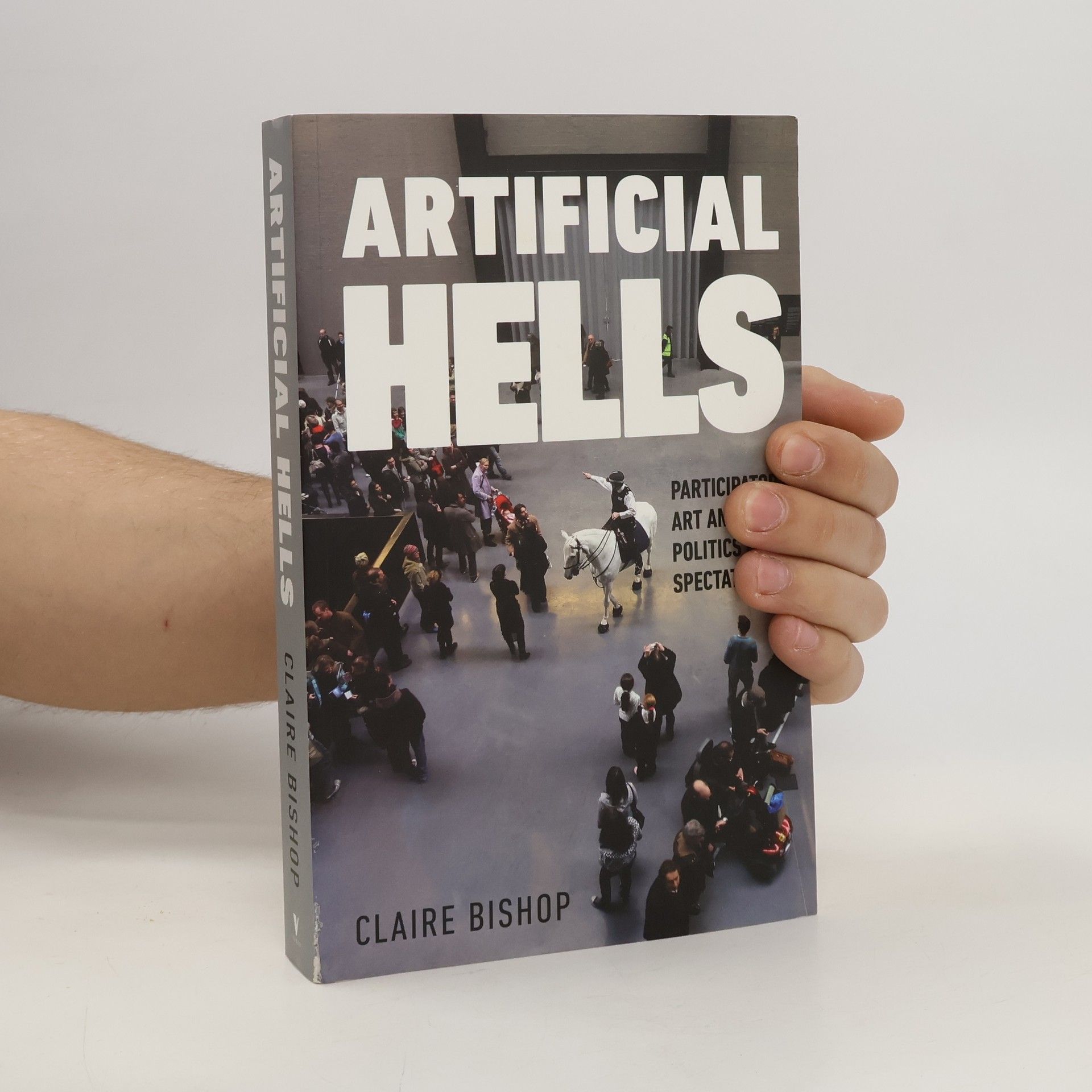Artificial Hells
- 382 pages
- 14 hours of reading
A searing critique of participatory art by an iconoclastic historian.
Claire Huchet Bishop was a gifted children's novelist whose works often delved into themes of faith and human solidarity. She crafted stories renowned for their accessibility and underlying depth, engaging young readers and adults alike. Bishop's approach focused on narratives that not only entertained but also encouraged reflection on moral values and mutual understanding. Her literary legacy lies in her distinctive ability to intertwine engaging storytelling with profound messages.


A searing critique of participatory art by an iconoclastic historian.
How technology and the attention economy has impacted contemporary art